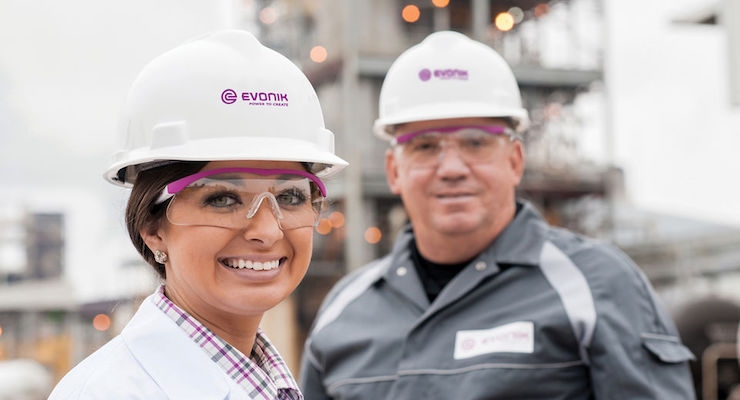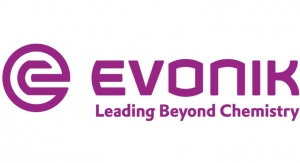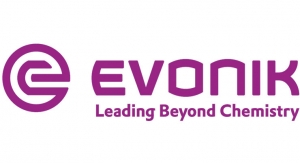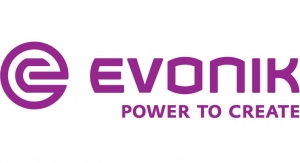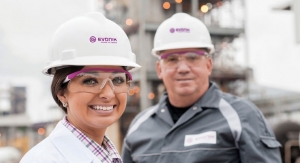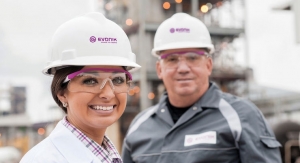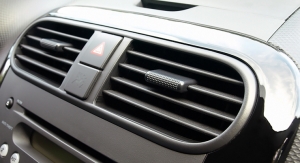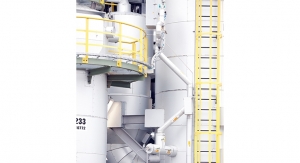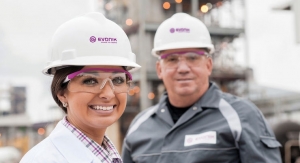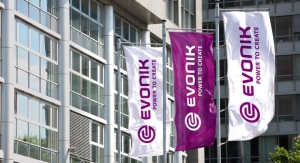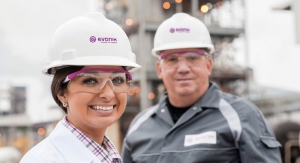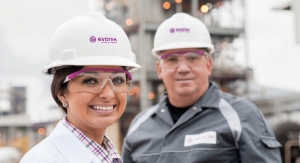03.11.19
Slurries of pigments like titanium dioxide or fillers are an essential intermediate product in the production of, for example, architectural paints.
Evonik’s “anti-sedimentation-additives” are still under development and are not yet available.

Evonik Resource Efficiency GmbH introduced a novel technology for dispersing additives that effectively prevents sedimentation during storage or transportation of slurries. As a result, the expensive and time-consuming cleaning and maintenance procedures of tanks can be avoided. Furthermore, as sedimentation no longer occurs, no pigment is lost and, thus, the formulation of the slurry can be calculated more easily.
For efficient handling, slurries should have high pigment loading and low viscosity; however, this low viscosity promotes the formation of sediments and syneresis during storage or transportation. Therefore, in addition to particle stabilization, rheology is key for good performance.
The next generation of novel dispersing additives shows a unique rheological behavior with a significant yield point, very strong shear thinning, and extremely fast recovery when no shear force is applied.
Thanks to the unique combination of dispersing and rheological properties, the new additives are a 2-in-1 solution for formulators of slurries. Numerous tests have been run on our High Throughput Equipment experimentation plant by optimizing molecule geometries and process parameters. The test results confirm excellent compatibility with common binders, high hiding power, as well as good wet scrub resistance. According to these tests, sedimentation was avoided by 100 percent.
Thanks to the unique combination of dispersing and rheological properties, the new additives are a 2-in-1 solution for formulators of slurries. Numerous tests have been run on our High Throughput Equipment experimentation plant by optimizing molecule geometries and process parameters. The test results confirm excellent compatibility with common binders, high hiding power, as well as good wet scrub resistance. According to these tests, sedimentation was avoided by 100 percent.
Evonik’s “anti-sedimentation-additives” are still under development and are not yet available.


